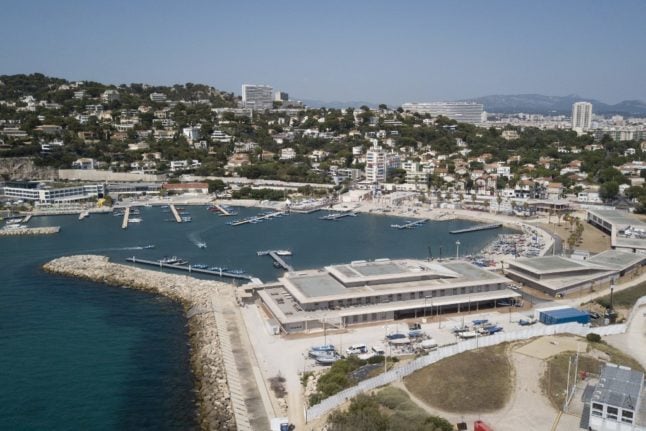There are around 50,000 Filipinos living in France, many working in healthcare or childcare, and previously the renewal of their Philippines passport could only be done in person at the Philippine Embassy in Paris – necessitating a lengthy and expensive journey for people living in southern France.
Now the service can also be provided at the VFS Global centre in Marseille – usually used for visa applications or renewals.
Requests for a new passport will still have to be made at the Philippine Embassy in Paris.
Yummi Talwar, COO- Europe & CIS, VFS Global said: “The Marseille VFS Global centre has increased the passport renewal capacity for Philippines passport holders in France by providing additional appointment slots. It has made the passport renewal service more efficient and cost-effective by saving them the significant expense of travelling to Paris.
“Now, applicants can book an appointment at a convenient time that fits around their working hours. At VFS Global, we are always looking at finding practical solutions to improve customer experience.”
Those who live abroad usually have a different process for renewing the passport for the country of their birth, which varies according to nationality.
Brits can do the process online via the Overseas British passports section, while Americans have to send their application by mail or go in person to the US Embassy in Paris.



 Please whitelist us to continue reading.
Please whitelist us to continue reading.
Member comments